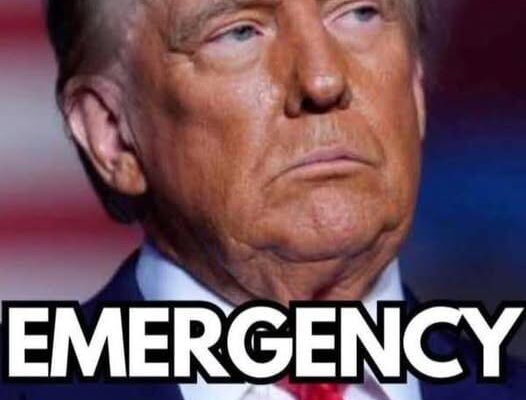President Donald Trump’s recent executive order, presented as a measure to combat anti-Semitism, has ignited fierce controversy for its profound threats to human rights—especially targeting international students and advocates of Palestinian rights. The order demands the deportation of foreign students who participate in protests deemed “anti-Israel,” a draconian move that blatantly undermines fundamental freedoms of speech and peaceful protest.
Far from a genuine effort to fight anti-Semitism, this executive order appears to serve a much darker purpose: silencing dissent and stifling criticism of Israel. By weaponizing immigration laws against pro-Palestinian activism, the administration is using visa revocations and deportations as tools of political repression. This doesn’t just jeopardize the futures of individual students—it spreads a chilling atmosphere of fear and censorship throughout American university campuses.
Critics warn that this policy strikes at the heart of American democracy, eroding the sacred rights to free expression and assembly. Instead of fostering dialogue on the deeply complex Israeli-Palestinian conflict, the order risks inflaming divisions and shutting down honest conversation. Moreover, it risks tarnishing the U.S.’s global reputation as a defender of free speech, raising urgent alarms among human rights advocates worldwide.
This tactic of conflating legitimate criticism of Israel with anti-Semitism dangerously distorts the fight against real prejudice. It turns a serious issue into a pretext for suppressing dissenting voices, jeopardizing not only individual rights but the broader ideals of academic freedom and open debate. The order’s aggressive use of immigration enforcement to police political opinions is a stark warning of how national security claims can be misused to curtail civil liberties.
The impact goes far beyond those directly protesting—this policy sends a clear, intimidating message to all students and scholars who dare to express controversial or critical viewpoints. The backlash against this order underscores a critical need for policies that protect free speech and ensure that all voices can be heard without fear of retaliation—upholding the true spirit of an open, democratic society.



